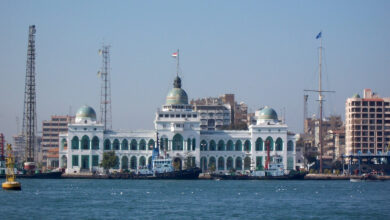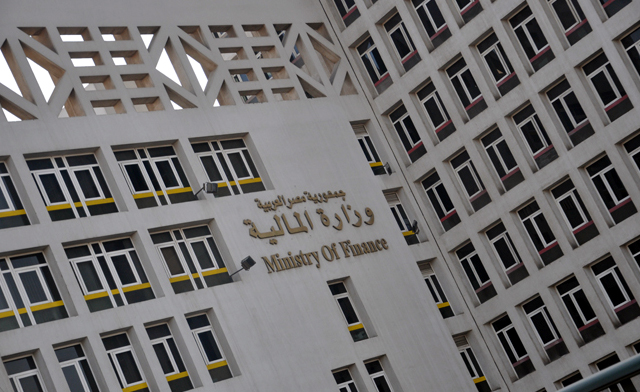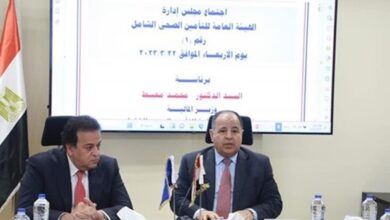Egyptian Minister of Finance Youssef Botrous Ghali told the Euromoney conference yesterday Egypt’s local economy is expected to enjoy a 6 percent growth rate by the end of June 2011, up from 5.2 percent at the end of the 2009/2010 fiscal year. He also predicted the budget deficit to drop to 7.9 percent, down from the 8.4 percent figure of the previous year.
Ghali told the conference’s opening session, which was held at Semiramis Intercontinental hotel in Cairo, that the Egyptian Egyptian economy is eyeing a 8-9 percent growth rate within the next two years. The government has also managed to expand the scope of the middle class by 25 percent, Ghali said.
The minister unveiled a multi-level strategy to cut down public debts rates from 120% to 82%, while pledging to implement policies to decrease the poverty rate by 50%.
Ghali also noted that education and the redistribution of income comes at the forefront of government priorities for the coming period.
Several economists predict Egypt’s growth rates will be equal to those achieved by China during the eighties, according to Ghali, who cited similarities with the Chinese paradigm. He added that his country enjoys a healthy atmosphere for investment, a high literacy rate, as well as positive economic indices.
The government will proceed with its economic reform policy which it adopted four years ago and has since yielded a positive outcome, the minister highlighted. According to Ghali, Egypt has succeeded in increasing local investment and attracting foreign investments worth an estimated US$13 billion, despite the recent global financial crisis.
In a later session of the conference, the outgoing Minister of Investment Mahmoud Mohey Eddin said Egypt adopted investment mechanisms that took into account the crisis. He also predicted an increase in direct foreign investments, especially in infrastructure, agriculture, small and medium businesses.
Mohey Eddin, who is due to take office as a new director for the World Bank, said the flow of foreign investments has witnessed a gradual surge since the 2004/2005 fiscal year when it recorded an 85 percent (US$3.9 billion) rise, reaching US$1.6 billion for the 2005/2006 fiscal year and US$13.2 billion for 2007/2008. But Mohey Eddin said foreign investment dropped to US$8.1 billion in 2008/2009 because of the financial crisis.
Translated from the Arabic Edition.




